 About the Author: Mary is a double lung transplant survivor, cystic fibrosis warrior, and food blogger living in the United States. You can connect with her on Instagram @mary.eats.stl and follow her blog, where she shares monthly updates on navigating life after a lung transplant.
About the Author: Mary is a double lung transplant survivor, cystic fibrosis warrior, and food blogger living in the United States. You can connect with her on Instagram @mary.eats.stl and follow her blog, where she shares monthly updates on navigating life after a lung transplant.
In honor of Rare Disease Day, we wanted to share Mary's perspective of what it's like living with Cystic Fibrosis, a rare genetic condition with no cure.
A Symptom-Free Childhood
My childhood and teenage years were full of sports and activity. I lived my life like a “normal” person. I was born with cystic fibrosis (CF), but I wasn’t slowed down in the slightest. I was even on my high school’s track and cross country team. The only visible sign of being “different” I exhibited were the pills I took for each meal. At home, I had daily breathing treatments, but I felt I really didn’t need them because I had no symptoms of being sick.
Cystic fibrosis is an incurable, genetic, life-threatening disease that affects approximately 30,000 people in the United States. CF affects all parts of the body including the lungs, sinuses, reproductive system, sometimes the liver, sweat glands, and the pancreas. There is no cure; however, with recent advancements in medications, the average life expectancy for a person with CF has increased drastically.
Progression of Illness and Life On Oxygen
When I entered college, I stopped exercising daily and my lung function began to drop. With CF, thick, sticky mucus builds up inside the lungs which makes it easier for an infection to take hold in the lungs. By junior year, I had my first major infection and needed to be treated with an intravenous medication via a peripheral inserted central catheter (PICC line). After years of treating infections with pills, my infections were no longer susceptible to these pills as they had built up a resistance. At first, I would need a 2-week course of IV antibiotics once a year. This later progressed into needing iv treatments 4 times a year, and eventually the need for oxygen. I stopped working in January 2019 to work on myself. I thought if I had more time to sleep and exercise, I could regain some of my lost lung function.
When I was on iv antibiotics, I needed to keep my PICC line site clean and protected. Fortunately, I was able to administer my antibiotics from the comfort of my own home. Each week, a home healthcare nurse would come to my home to change my dressing. During the day, I would wear a PICC line cover to keep my lines out of my way, but still accessible for use up to 4 times a day. When I showered, I would cover my PICC line with a shower cover. I’m so grateful that there are companies like Care+Wear that have made specialty medical supplies for this exact purpose. It works so much better than using tape and plastic wrap.
Despite my best efforts to regain my lung function, I began using oxygen full time. I was attached to a long oxygen leash 24 hours/day while resting, sleeping, and walking. I was afraid to leave the house in fear of running out of oxygen on my portable concentrator. I started the lung transplant evaluation and began fundraising for my new medical expenses. I was listed for a lung transplant in May 2019. After two dry-runs, I received my life-saving double lung transplant in July 2019.
New Lungs, New Complicated Life
I am alive! I can breathe, I can walk around without oxygen, I am enjoying hikes with my husband and dog, I am looking forward to planning adventures again. Just when I was cleared to travel by my medical team, the country locked down due to the COVID-19 pandemic. With a compromised immune system, I am fearful of catching a virus of any kind, not knowing if I’d be able to survive the infection. I’ve been socially distancing, sanitizing everything, and avoiding going into stores since March 2020 when the pandemic started. I’ve been double masking for every doctor’s appointment. I no longer get too much attention for wearing a mask.
Transplant is not a cure, but trading one disease for another. I no longer have CF in my lungs, but I have CF in the rest of my body. I now am immunocompromised. I take 20 pills twice a day to keep my body from rejecting my lungs. I now am diabetic. I monitor my blood sugar and give myself insulin numerous times a day. I am now at a higher risk of getting cancer. In October 2019, I had a patch of skin cancer removed from my arm. I still have a need for iv antibiotics occasionally, and I have been hospitalized twice since my transplant, but these occurrences are fewer and farther between. BUT the ability to breathe (and breathe deeply) without tubes is absolutely worth it!
What I Wish People Knew About Rare Diseases
Living with a rare disease is like being in a constant search for answers, both from your medical team and from science as a whole. What doesn’t help is when, despite best intentions, friends, family members, or even strangers try to offer unsolicited medical advice. Suggestions such as “eat this food,” or “try this essential oil,” or “just exercise more” are ill-informed and can come across as dismissive. People with a rare disease such as CF know their bodies better than a stranger and we have our own doctors treating us. The number of times I’ve received “advice” like this is hurtful, but the only option in the moment is to smile and nod or have an argument with someone who only wants to help.
Cystic Fibrosis is also considered an invisible illness. Don’t assume someone is “faking” symptoms for sympathy simply because they generally appear healthy. There are plenty of days that I have been exhausted just trying to take a shower, getting dressed, or while making the bed. When I was sick enough to require oxygen, I was given a disabled parking placard. As a fairly young, healthy-looking individual, I was still given accusatory stares when parking in a handicap spot or using an electric wheelchair. After a full day of activities, I could need the entire following day to recover. Those aren't the photos that are shared on social media. It’s been said before, but everyone is fighting a battle you know nothing about.
If you are looking for more resources and support surrounding chronic illness, check out our other blogs:
- 10 Things Chronic Pain Taught Me
- Guide To Navigating College With A Chronic Illness
- Finding Friends In The Chronic Illness Community
- Working Full-Time With A Chronic Illness
What are some other things you wish people knew about living with a rare disease? Let us know in the comments or share your story with us here. We love hearing from our community members!



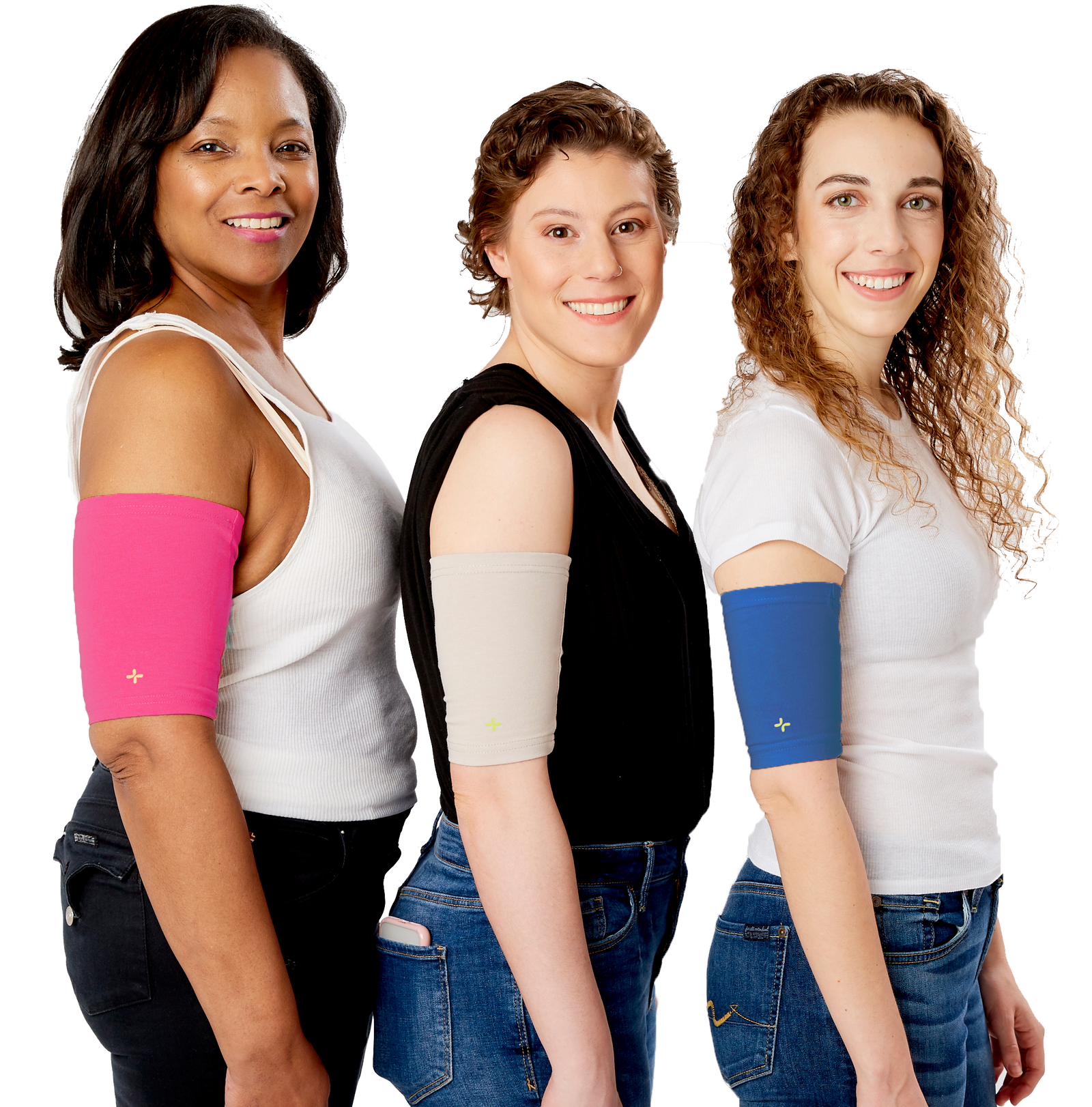

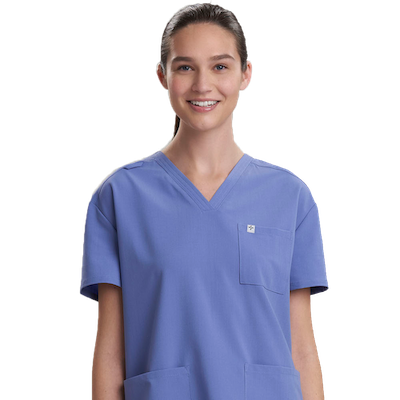
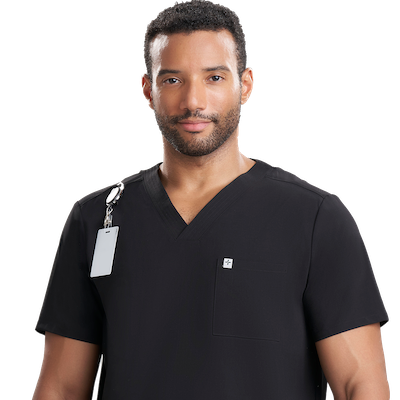
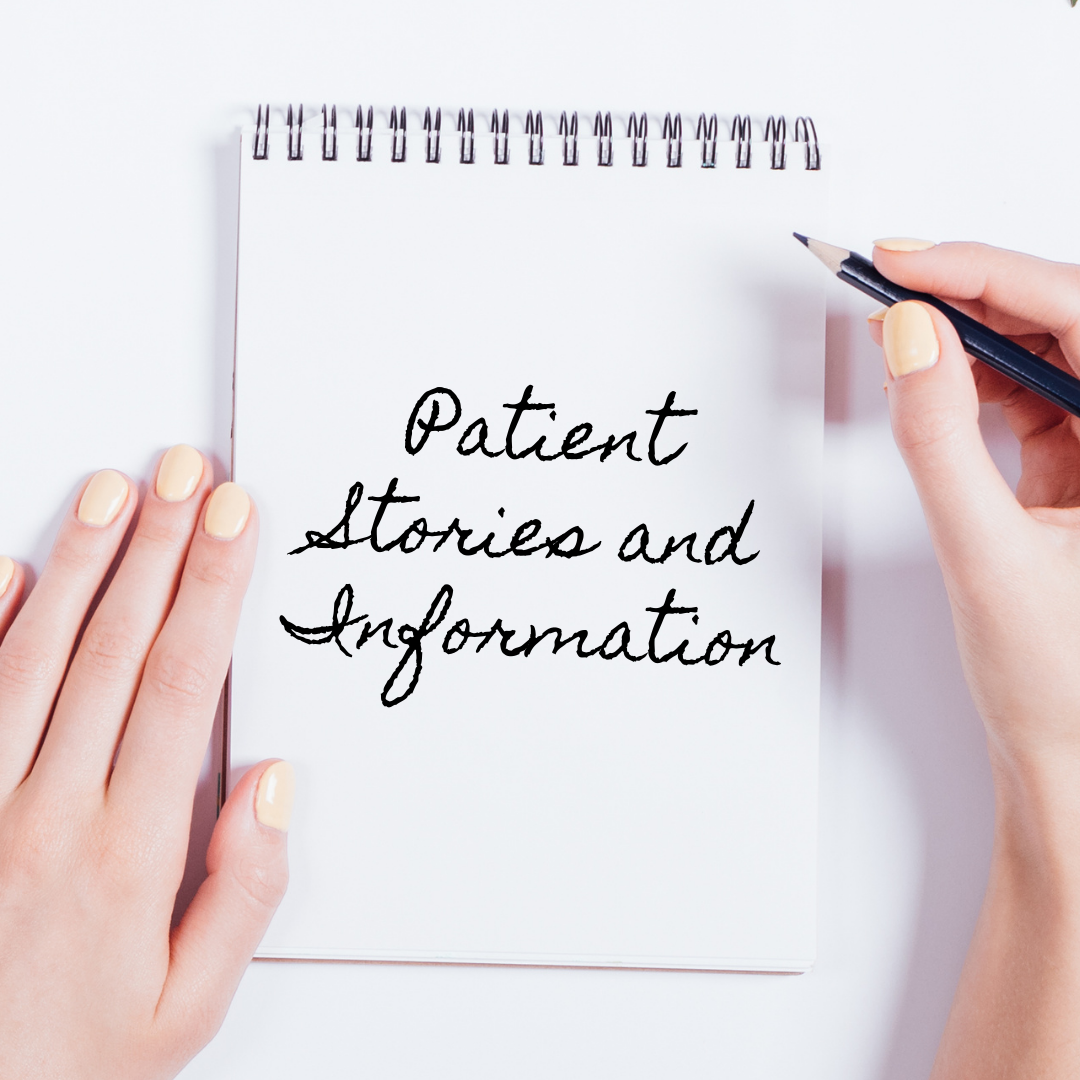
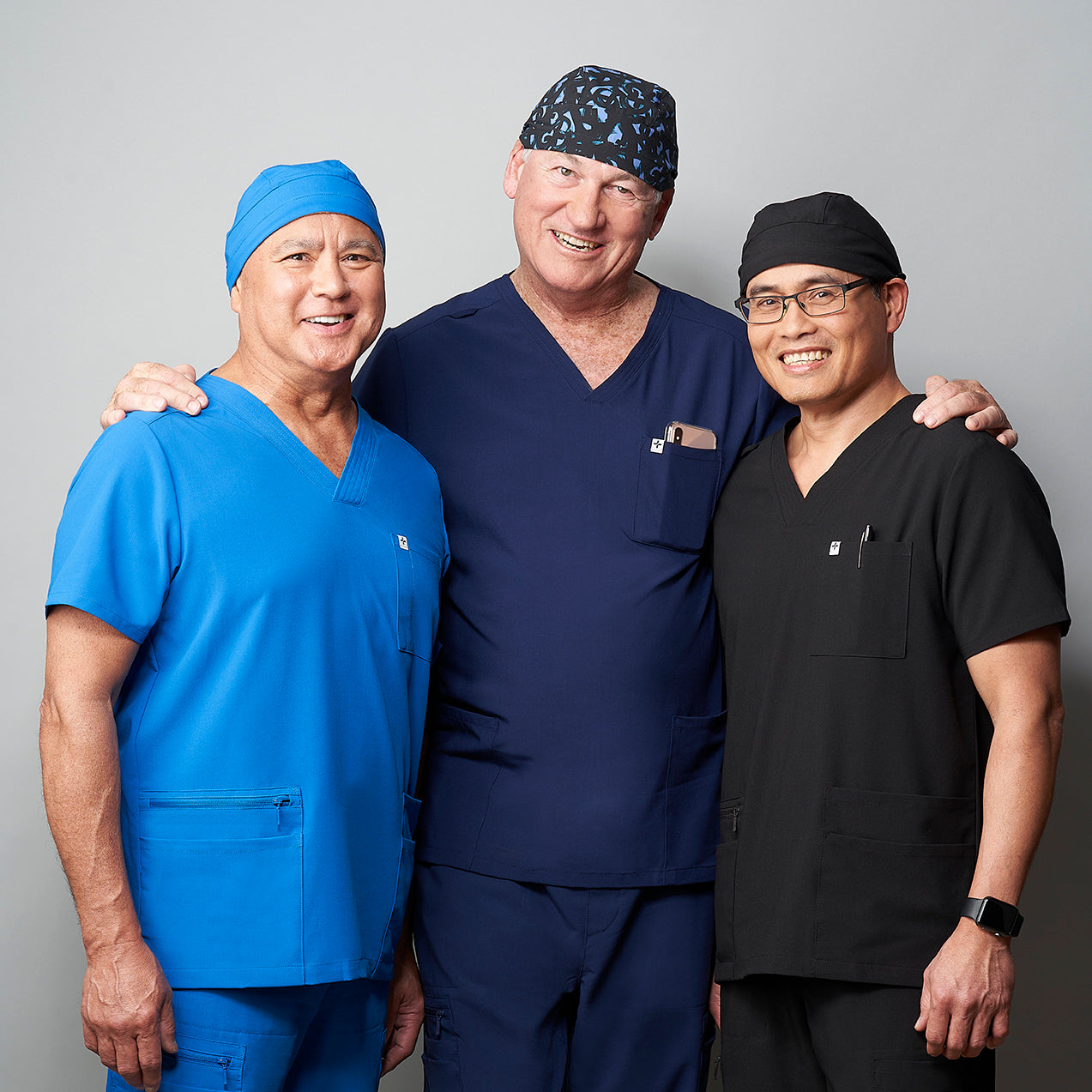
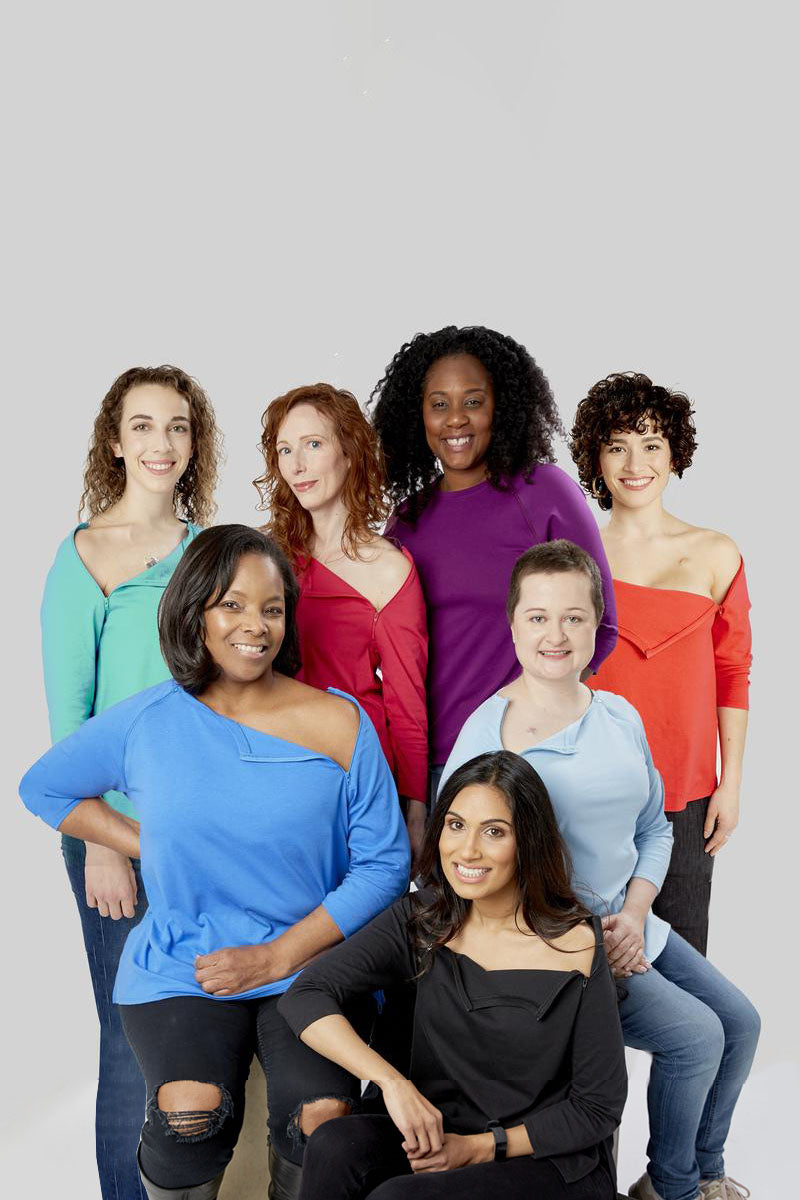
Matthew
March 05, 2021
Thank you for sharing, Mary. We are so impressed by your tenacity!